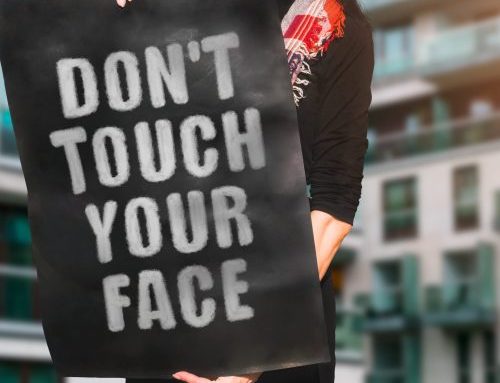Almost everyone I meet with will acknowledge that they would not want to be in a relationship with someone who views the world, processes information, and has the same behaviors and habits that they do. Simply put, most of my clients would not want to date themselves. Yet my clients regularly tell me that many of their conflicts are about being mad that their partner does not do things the way they would.
When conflict arises, we attempt to control the other person’s behavior, or control how they are seeing us and attempt damage control. We become aggressive or passive-aggressive in expressing our needs, which leads to more resentment, confusion, and distance from our partner.
Marriage and Family therapists have a theory that couples argue because they are starving for connection with their partner. We fight because we want to be known, loved and respected by our partners. When we feel disconnected, we fight to feel that connection. We long for this connectedness, yet how we fight for that love and respect often has the exact opposite effect.
We attempt to create change–not by changing ourselves–but by trying to control the other person’s behavior. When that does not work, we attempt a more subtle tactic of becoming the person they want us to be in attempts to make them happy. When that strategy becomes exhausting, we are left with no other choice than to change ourselves.
Changing yourself is hard. It’s important to remind ourselves of why we are making the effort to change, and to practice believing that we are worth it, that we are strong, and that we are capable. We need to change ourselves because no one else will do the work for us. First we need to recognize the areas of our life that need grow. Examine the areas of your life that continue to create conflict, or disappointment. Reflect on the feedback you have received from the people in your life. Be willing to ask the people you trust, “What is it like to be my partner? Tell me what you love about being my partner. Please tell me what makes being my partner hard.” Second, forgive yourself for those areas that you need to grow into. You are doing the best you can with what you have. Third, learn from what you learned and reflected upon. Listen for repeated messages, and then create a plan for improvement. Fourth, develop your own specific goals for becoming the best possible version of yourself. Write them down, place them where you can see them.
Stand up straight and do not bend into your partner for direction, affirmation, or for your identity. Let go of the strong desire to hear from others that you are good enough. Develop your own self-confidence in the things that bring you life. Focus on how you were uniquely made, you have your own interests, hobbies, careers, friends and family members. Take the risk of connecting with these parts of who you are by actually doing them. Make time for your own needs without guilt of disappointing someone else. This does not mean that you become self-centered, it means that you begin to give yourself permission to make your own needs a priority.
The more you develop your own sense of worth you will have a reduced desire or urge to continually turn to the people in your life to define you, and tell you that you are worth it. We can only control ourselves, and understanding what you can control and letting go of the things you cannot is one of the first steps towards growth. If you want intentional, quality time with your significant other, ask for it, schedule it. Do not expect your significant other to know what you are thinking, needing, expecting. You have to tell them, and stop holding them hostage for the things that they do not know you need.
When we fight the natural tendency is to look at the other person and demand that they change. But that just doesn’t work. In the end, if you want to stop conflict in your relationship then you have to start working on yourself.
John Hague, M.A., LPC sees couples and individuals in his practice at Grace Counseling. He aims to help couples get to the root of the the issues, so they can find happiness in themselves and in their relationships.





